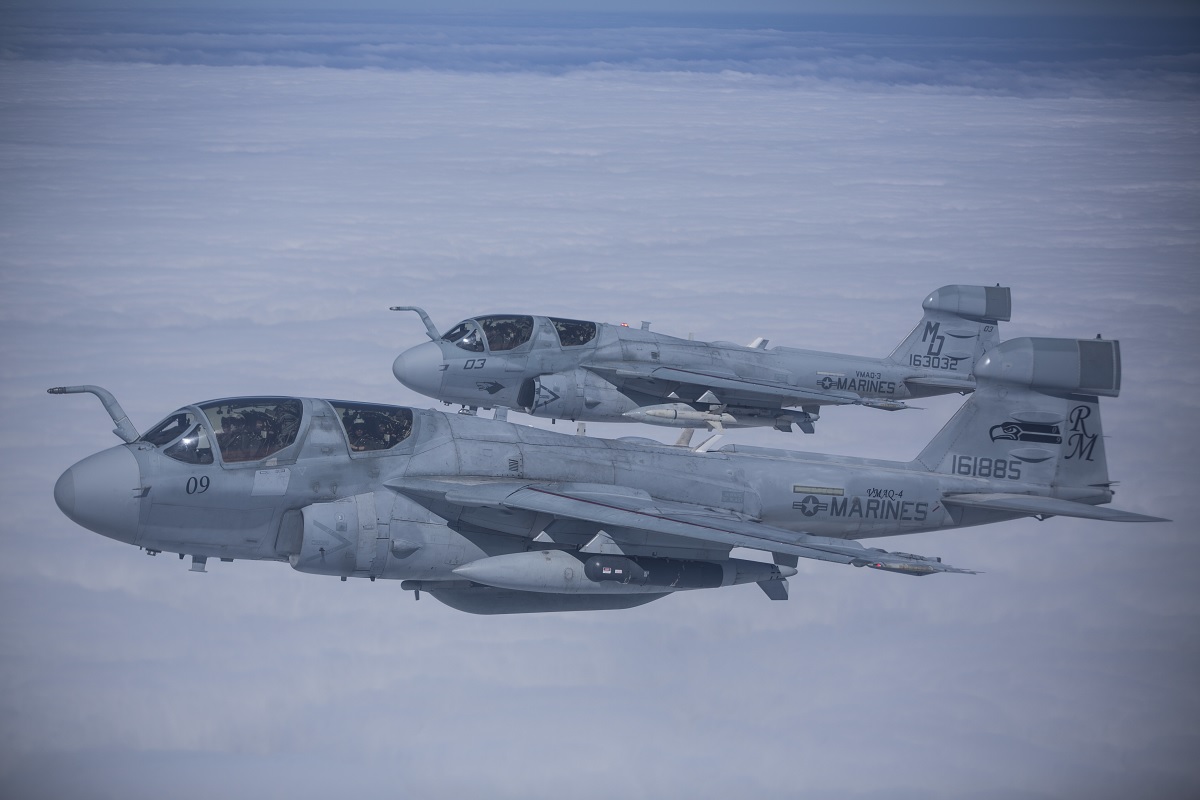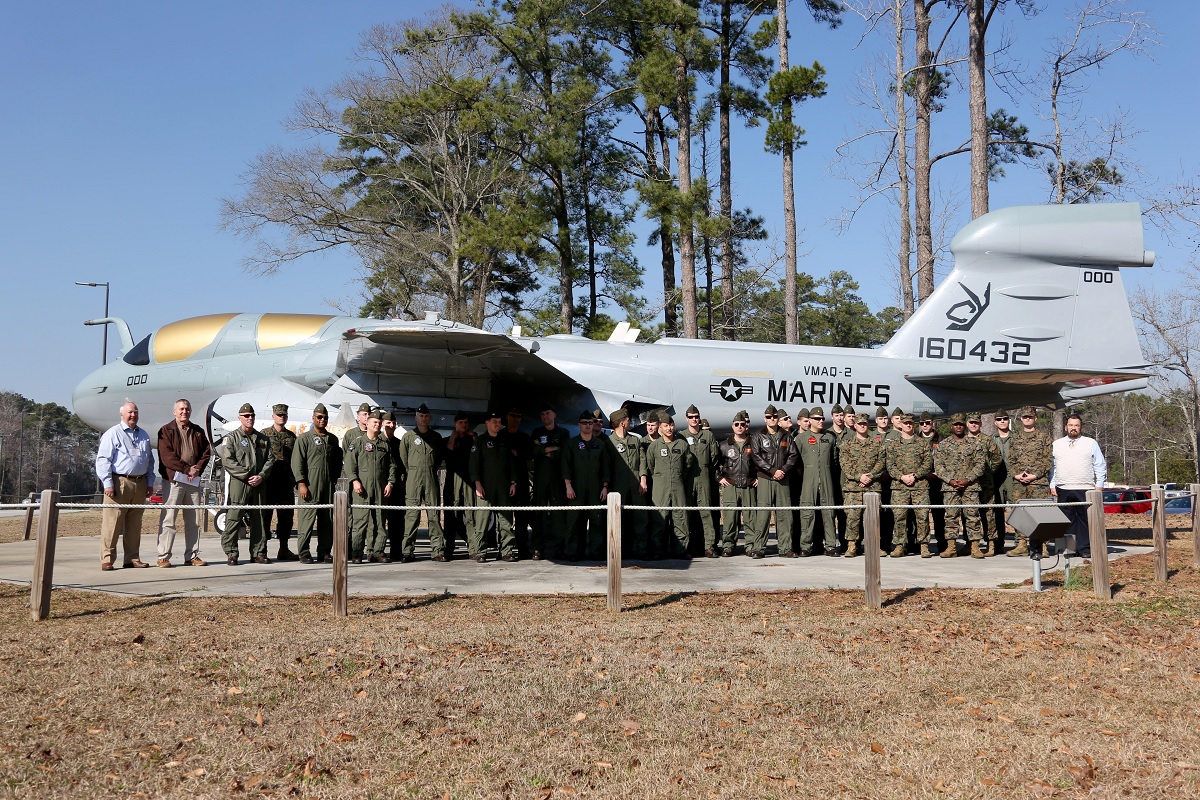To congratulate him on saving his aircraft, the young EA-6B Prowler pilot was called to the pilot’s house to meet with his CO, the Air Wing Commander, and the Boss
To take off and land an aircraft on a carrier’s flight deck—a miniature airfield that is pitching, rolling, and yawing in the rough seas these ships operate in—requires both great skills and steely nerves.
Some naval aviators voluntarily renounced their flight status due to the rough seas.
John Eremic, former Main Propulsion Assistant (MPA) and EOOW on USS Constellation recalls on Quora;
‘Getting my turn over, I was surprised to find out that we were conducting flight ops and they were trying to get the planes back on board due to the weather getting worse. We have a flight deck camera in main control, and we monitor communications with the Air Boss in case we need to react quickly.
‘I sat there and listened and watched as the Air Boss coaxed the last few A-6s [most probably the EA-6B Prowlers of VAQ-131] onto the deck, and it looked ugly. A couple just caught the last wire on the arresting gear and managed to get on board safely. The last guy was a newbie, and I am sure never had to land on a pitching deck with intermittent crosswinds. He had either aborted or was waved off four times. He sounded super nervous, and the Air Boss was doing his best to talk him down in a calm, soothing voice, that to anyone who listened frequently to those communications sounded way too calm, like he was trying too hard. The Boss basically told him on his fifth approach it was all or nothing; conditions were getting so bad that he would not have another chance. We were too far from any field to Bingo to.
‘He put it down on the deck as a gust of wind caught him and lifted his outboard wing causing him to veer towards the island and a row of F-14s chained to the flight deck. He smartly removed the noses and the expensive ECM equipment contained within three of them before he came to halt.’
Eremic concludes;
‘The young pilot was called to the pilot’s house to meet his CO, the Air Wing Commander (CAG), and the Boss so they could congratulate him on saving his aircraft. He thanked them, then proceeded to remove his wings, handed them over to the CAG, and told them there would not be a next time.’
Photo by U.S. Navy





